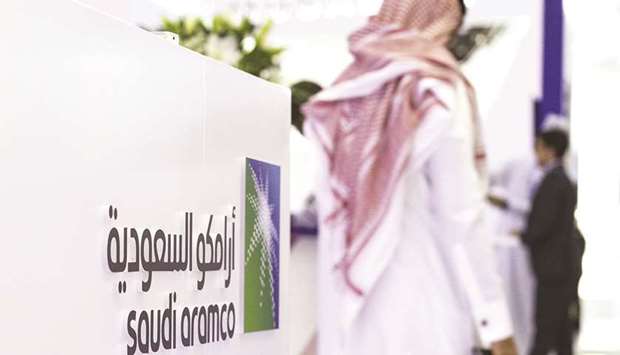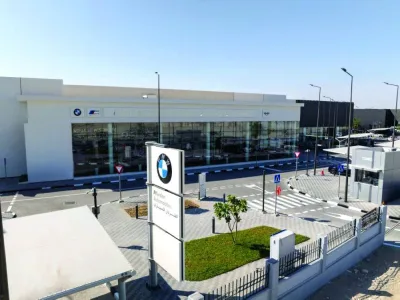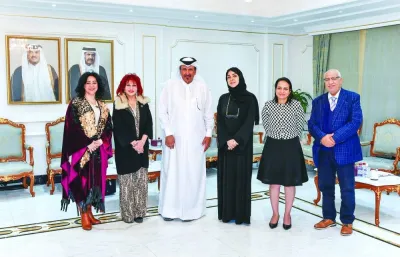Saudi Arabia will find it hard to attract foreign money as the murder of columnist Jamal Khashoggi raises concerns about governance and other political risks, said Mark Mobius, a veteran investor in developing nations.
The 82-year-old, who set up Mobius Capital Partners LLP this year after three decades at Franklin Templeton Investments, said he’s concerned about Saudi Arabia’s governance and commitment to reforms. Foreign investors dumped a record amount of stocks in October as the kingdom insulated Crown Prince Mohammed bin Salman from Khashoggi’s killing in the Saudi consulate in Istanbul.
“If the leadership has questionable governance, how about the companies?” Mobius said in an interview in Dubai. “There are other things going on that are very risky.”
“Unfortunately because of this incident, a lot of people are afraid of Saudi Arabia,” he said. “Who could be next?”
Even MSCI Inc’s decision to include the nation’s stocks in its emerging-market gauge next year won’t be enough to lure funds that aren’t benchmarked against the index, Mobius said. Foreigners currently own less than 5% of the Arab world’s biggest stock market.
Prince Mohammed wants to wean the kingdom off revenue from crude and attract more overseas investors, a key element of which is the planned sale of a stake in Saudi Aramco, the national oil company. His efforts have been undercut, however, by a domestic crackdown and aggressive foreign policy.
“Initially, we applauded the idea of the Crown Prince coming in and making these liberal changes, but we realise now that’s not the whole story,” Mobius said.
Saudi Crown Prince Mohammed bin Salman wants to wean the kingdom off revenue from crude and attract more overseas investors, a key element of which is the planned sale of a stake in Saudi Aramco, the national oil company. His efforts have been undercut, however, by a domestic crackdown and aggressive foreign policy

Saudi


